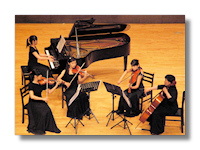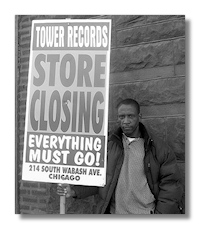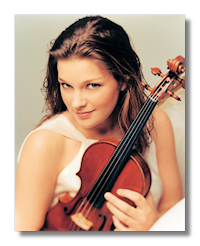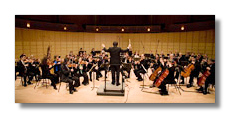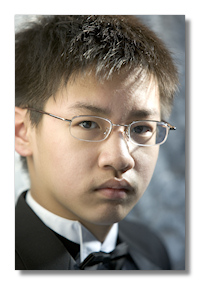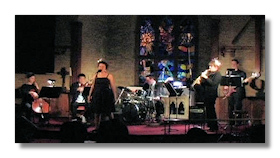
Bold approach breathes new life into classical music
There's nothing so off-the-wall that somebody hasn't thought of it
By Nigel Hannaford
Mitzi's Sister is a small club in the Parkdale area of Toronto. Home cooking, a stage, it holds 150 people. Small as these things go. But, it was there just over three years ago, that Parkdale Revolutionary Orchestra first took the stage.
Big moment in the history of music? Too early to say.
However, a few weeks ago, this space dealt with the sort of music that can pay its own way, with no top-ups from the Canada Council. I jested that if classical music was to rescue itself from its socio-economic isolation – its audience shrinks, as it ages – it would have to rebrand itself as something risque, to be enjoyed in seedy little rock-clubs where it's best to sit near an exit, with one's back to the wall. Only when it could make it without a grant, could it once more be considered an expression of contemporary culture.
But, irony is hard these days. There's nothing so off-the-wall that somebody else hasn't thought of it, or done it.
Read more about this at the Calgary Herald website:

















